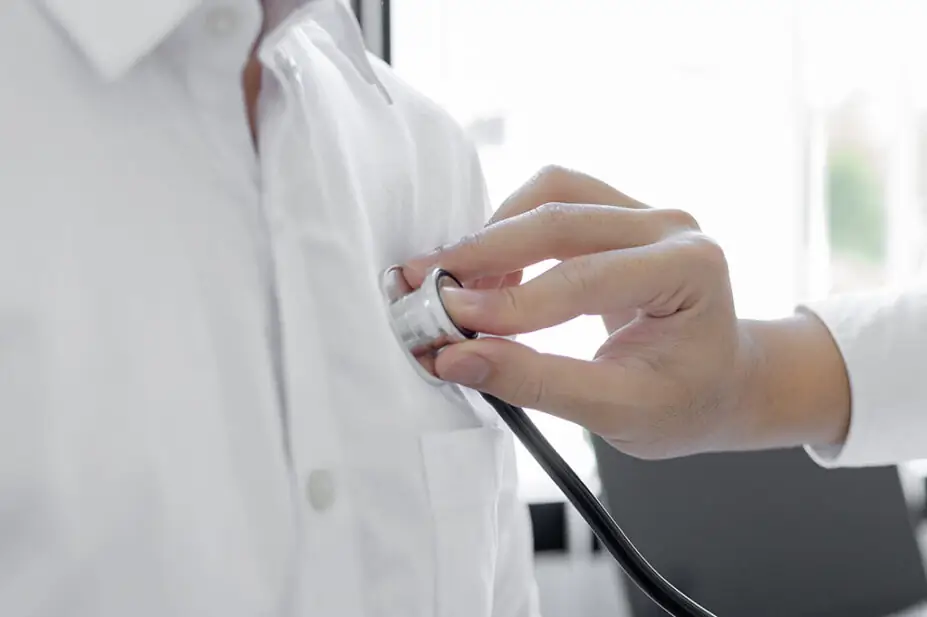
Shutterstock.com
There is a need for more pharmacy input and prescribing support in tuberculosis (TB) services, a report from the Getting It Right First Time (GIRFT) projects team at the Royal National Orthopaedic Hospital (RNOH) has said.
The ‘RNOH/GIRFT review of TB’ report, published on 30 September 2025, found that only 20% of TB services in Scotland had any dedicated pharmacist time, while those that did only offered a limited number of hours.
“Clearly, pharmacy input is essential to TB services and this needs to be at a sufficiently senior banding to contribute to the service i.e. a minimum of a band 7 but ideally at a band 8a,” the report said.
The report stressed that pharmacists needed to be part of multidisciplinary teams (MDTs) and attend internal clinical meetings.
It recommends that attendance at TB MDTs and cohort reviews should be part of the job plan for pharmacists and pharmacy technicians.
The report also suggested the creation of a ‘Scottish pharmacy network’ to support TB, including services for children and young people and non-TB mycobacteria, which would provide advice and support around the use of less commonly prescribed drugs, potential interactions when patients are taking anti-TB drugs for long periods, and to help manage TB drug shortages.
Commenting on the report, Joseph Carter, head of Asthma + Lung UK Scotland, said: “Whilst number of incidents across Scotland is still low, TB can be spread easily and if left untreated can be very serious. An extended role for pharmacy will make it easier for people with the condition to be treated and support their recovery.”
A spokesperson for the Guild of Healthcare Pharmacists said: “It’s hard to imagine somewhere more apt for dedicated pharmacist involvement than TB services. They routinely contend with antimicrobial resistance, complex treatment interactions, strict adherence requirements, multi-drug therapeutics and ongoing severe medicine shortages.”
The report also noted that 60% of TB services in Scotland had been impacted by drug shortages in the 12 months before data collection.
However, the GHP spokesperson said the actual figure was likely to be much higher, as “realistically 100% will be affected as of late 2025”.
A similar report into TB services in England, published on 14 March 2025 by RNOH/GIRFT found that 43% of TB services had no pharmacist support.


